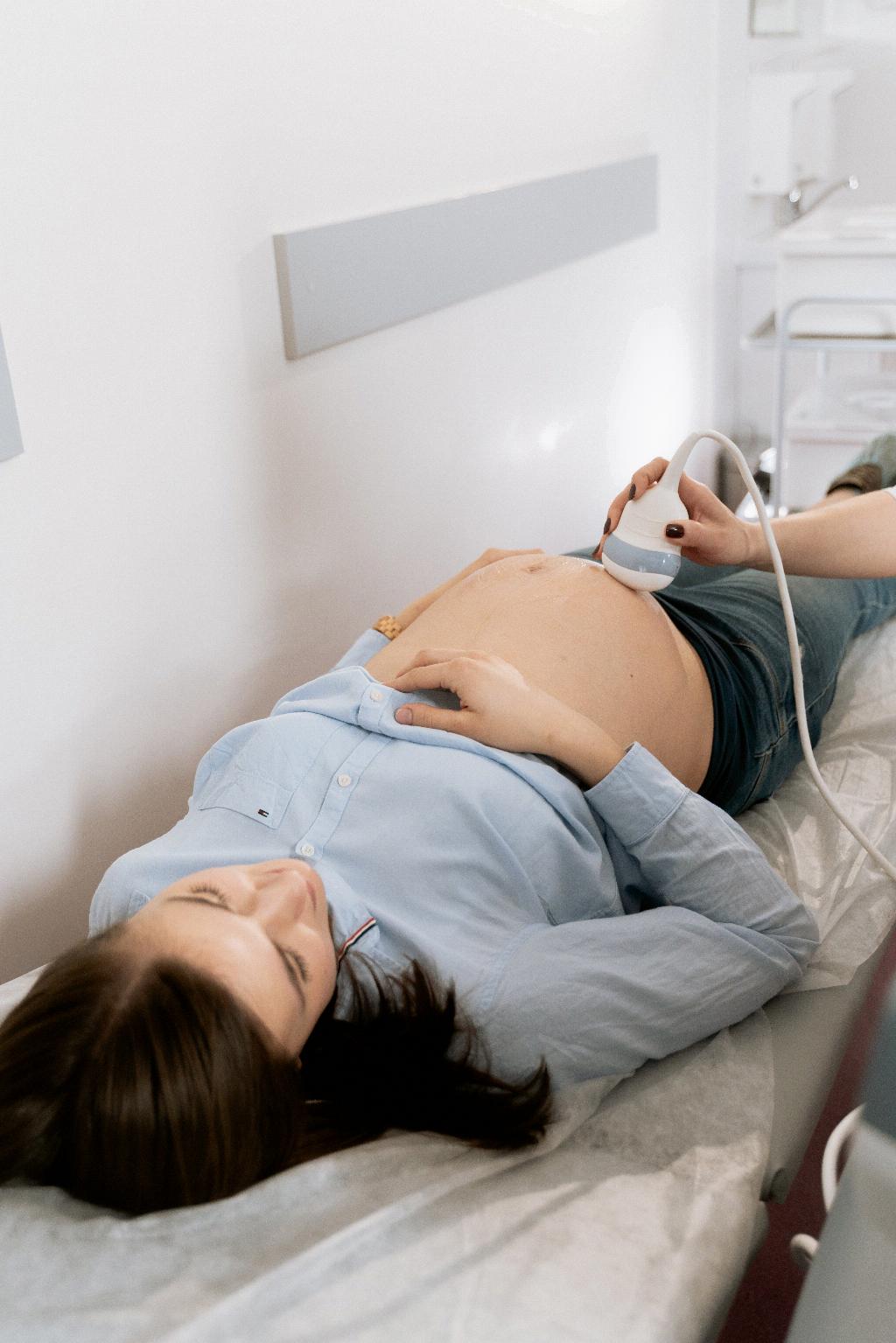After the joyous occasion of giving birth to a baby, many mothers may wonder about their fertility levels postpartum. Some common misconceptions circulate about this topic, with some women believing they are less likely to conceive shortly after having a baby. However, the reality is that a woman’s fertility after childbirth can vary significantly based on various factors.
Changes in Fertility
It’s essential to acknowledge that every woman’s body responds differently to the changes brought about by pregnancy and childbirth. While some mothers may experience temporary infertility due to factors like breastfeeding, hormonal fluctuations, or irregular menstrual cycles, others may find that they become more fertile after giving birth.
Postpartum Ovulation
For some women, the return of ovulation and fertility can happen relatively quickly after childbirth, even before they have their first postpartum period. This phenomenon, known as “lactational amenorrhea,” occurs when breastfeeding suppresses ovulation, but it’s not a foolproof method of birth control.
Individual Differences
Factors such as age, overall health, breastfeeding practices, and previous fertility history can all play a role in determining how soon a mother’s fertility may resume after having a baby. It’s crucial to consult with a healthcare provider to understand how these factors may impact your specific situation.
Return to Menstrual Cycle
One significant indicator of returning fertility for many women is the resumption of regular menstrual cycles. However, the timeframe for this can vary widely, with some mothers experiencing a rapid return to regular cycles, while others may have irregular or anovulatory cycles for an extended period.
Emotional and Physical Considerations
It’s vital for mothers to consider not only the physical aspect of fertility after childbirth but also the emotional and mental readiness for another pregnancy. Caring for a newborn and adjusting to the demands of motherhood can be intense, and every woman’s journey is unique.
Contraceptive Strategies
Given the unpredictability of postpartum fertility, it’s essential for mothers who wish to avoid pregnancy to consider effective contraception options. Consulting with a healthcare provider can help you determine the best contraceptive strategy based on your individual circumstances and reproductive goals.
Planning for the Future
For mothers who are considering expanding their families in the future, understanding their postpartum fertility is essential. Keeping track of menstrual cycles, ovulation patterns, and other fertility indicators can help you make informed decisions about family planning.
Seeking Professional Guidance
If you have questions or concerns about your fertility after having a baby, don’t hesitate to reach out to a healthcare provider or a fertility specialist. They can offer personalized guidance, perform necessary tests, and provide support as you navigate this aspect of your reproductive health.
Conclusion
In conclusion, the question of whether mothers are more fertile after having a baby is not a straightforward one. While some women may experience increased fertility postpartum, others may face challenges related to temporary infertility or irregular menstrual cycles. Understanding your unique fertility journey and seeking professional guidance can empower you to make informed decisions about your reproductive health.

